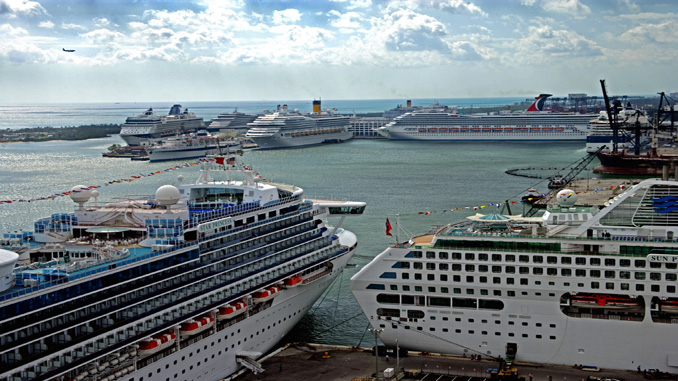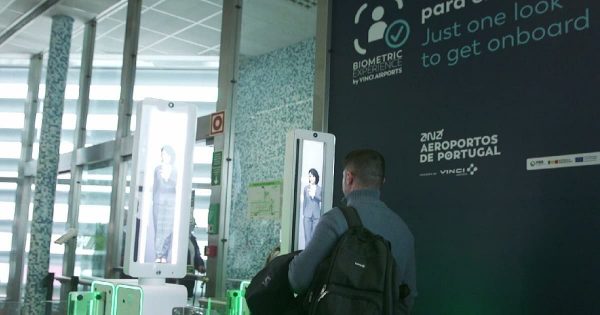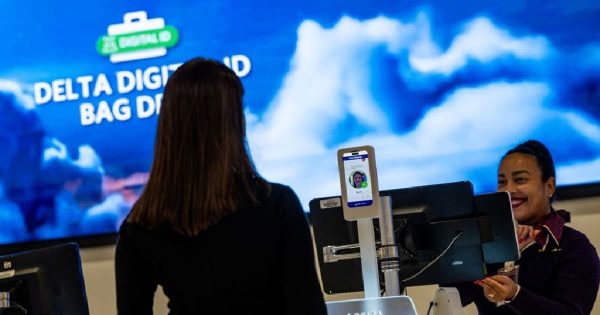Port Everglades has unveiled two automated passport control (APC) kiosks at the Florida cruise ship terminal.
Port Everglades is the first U.S. cruise port to test BorderXpress Automated Passport Control (APC) kiosks.
The self-service BorderXpress kiosks are part of a three-month pilot program designed to streamline the passenger inspection process and enable Customs and Border Patrol (CBP) officers to process up to four times more passengers than traditional procedures.
Eligible passengers go directly to a self-service kiosk in the CBP processing area, follow the on-screen instructions to scan their passport and answer customs declaration questions, then receive a receipt confirming their information.
They then continue to a U.S. Customs officer to finalise processing.
Eligible passengers include U.S. and Canadian passport holders and U.S. Permanent Residents. This service is available without pre-registration and at no cost to the user.
Glenn Wiltshire, Port Everglades Deputy Port Director:
“Port Everglades is excited to be the first U.S. cruise port to implement the BorderXpress APC technology and think about new ways to process passengers gaining reentry into the US, without compromising safety and security. We have high hopes for the technology during the summer months and are evaluating the efficiency, staff time and costs involved with the pilot program.”
Mobile Passport Control
Port Everglades and its cruise line partners, Carnival Cruise Line and Royal Caribbean International, are also working with CBP to launch a trial of Mobile Passport Control (MPC).
The MPC program is the first Smartphone app to allow passengers arriving into the United States to complete their Customs declaration using their mobiles.
Port Everglades is the first U.S. cruise port to test APC and MPC, although they are currently available in many U.S. airports and for cruise passenger preclearance in Vancouver.
CBP’s Global Entry program, which gives preferential processing to passengers who are Global Entry card holders, has been available at Port Everglades since summer 2015.
N.B. Image credit: Broward County’s Port Everglades







